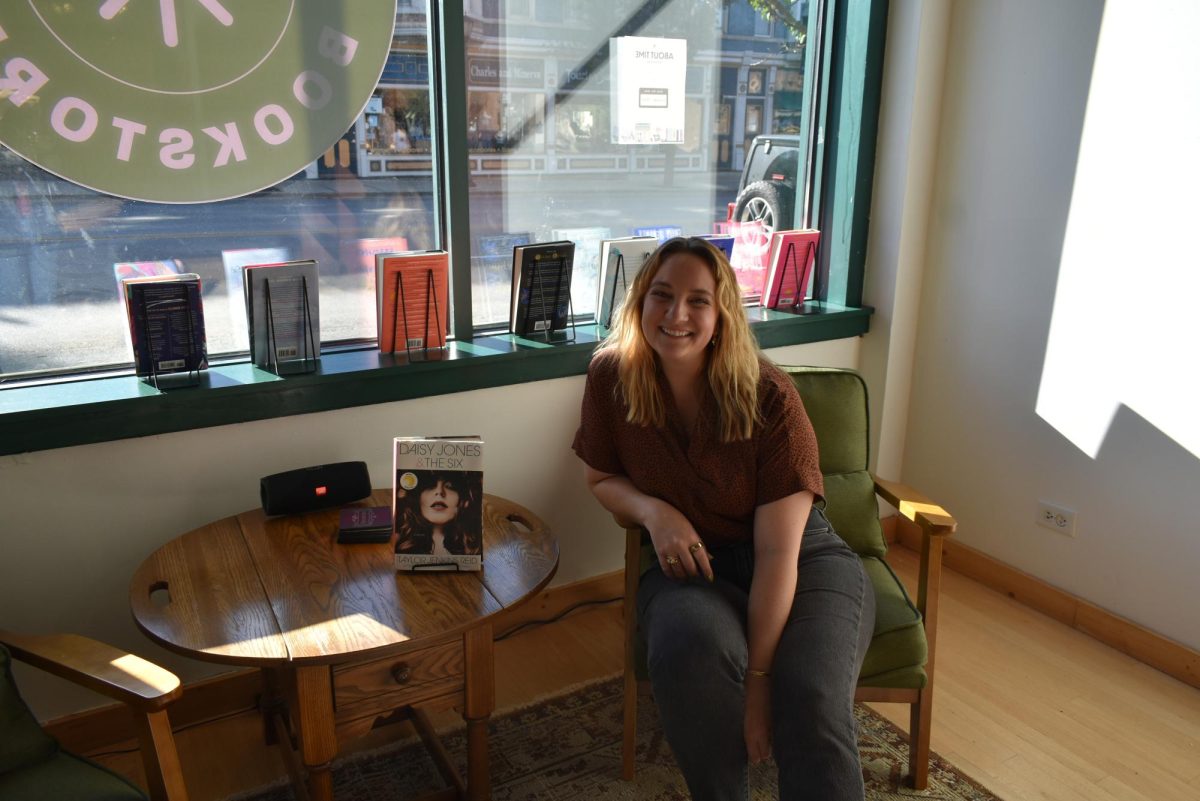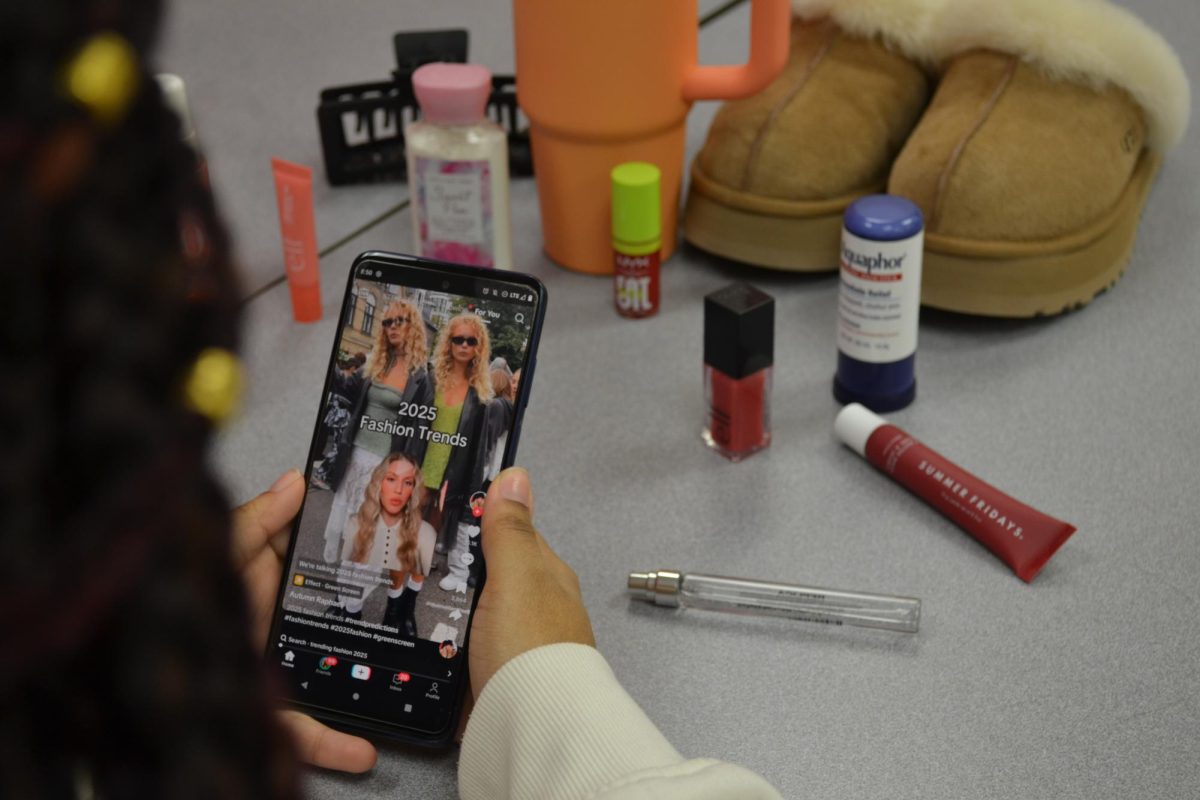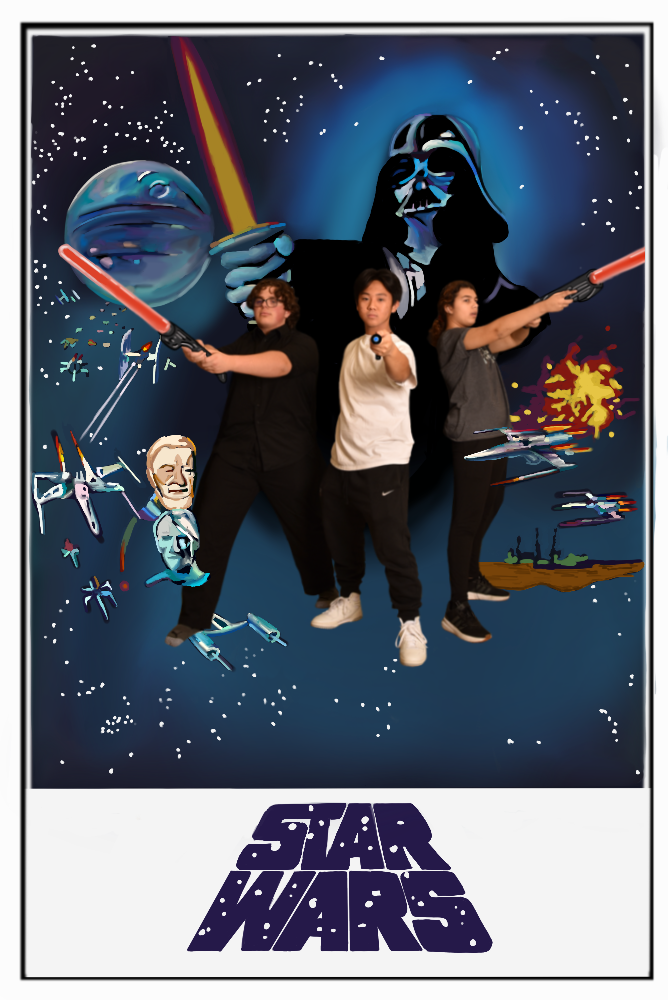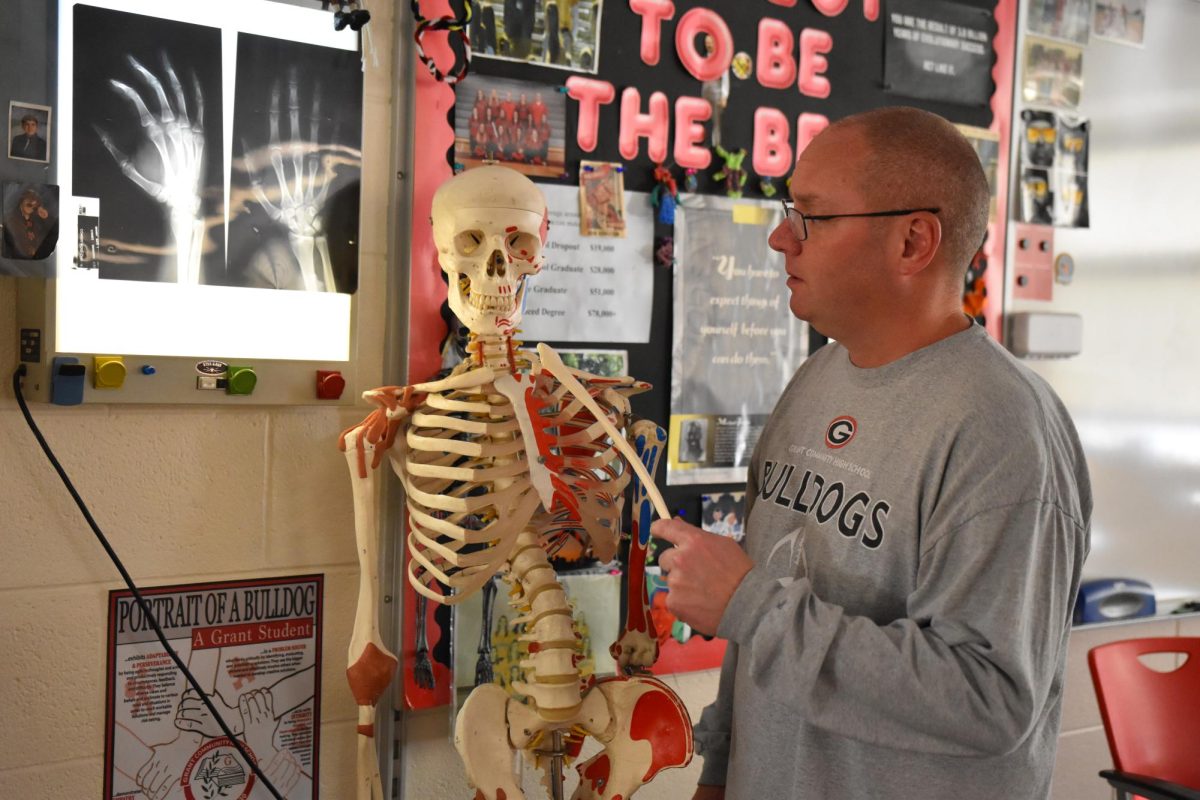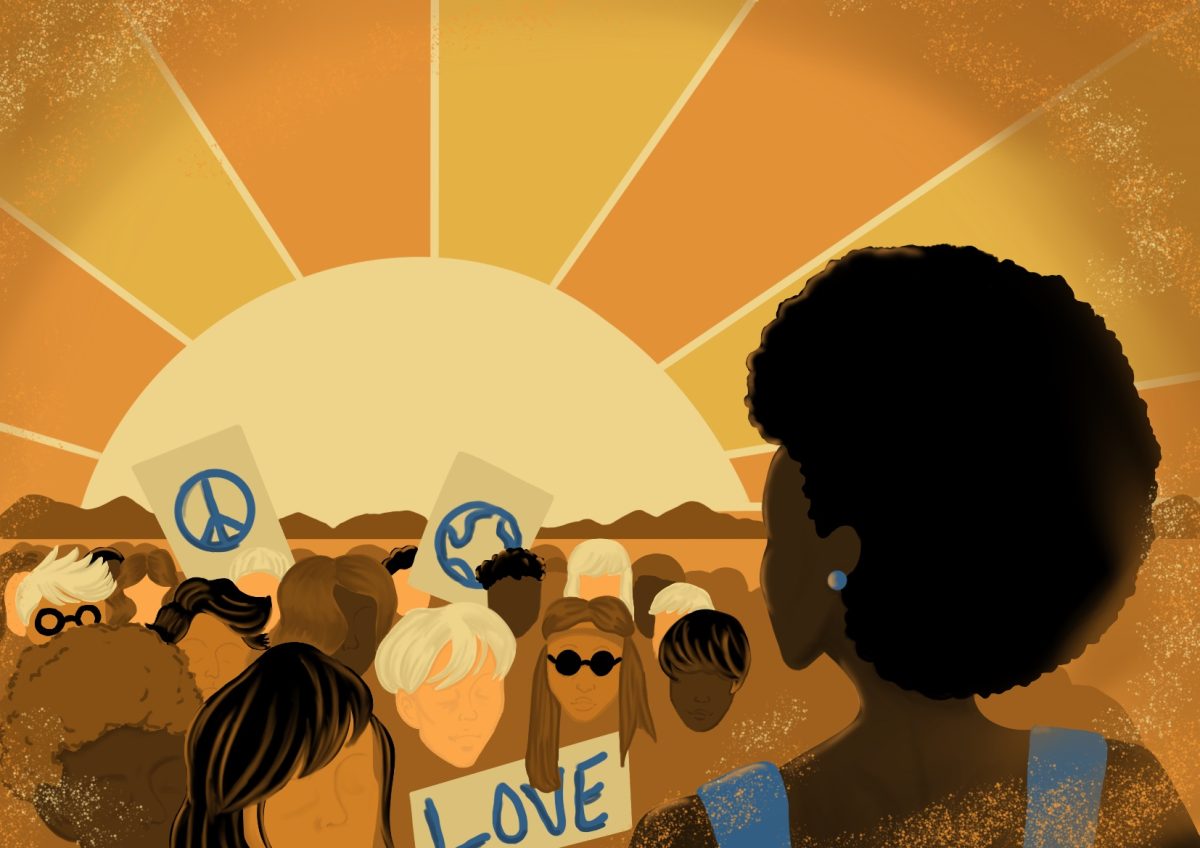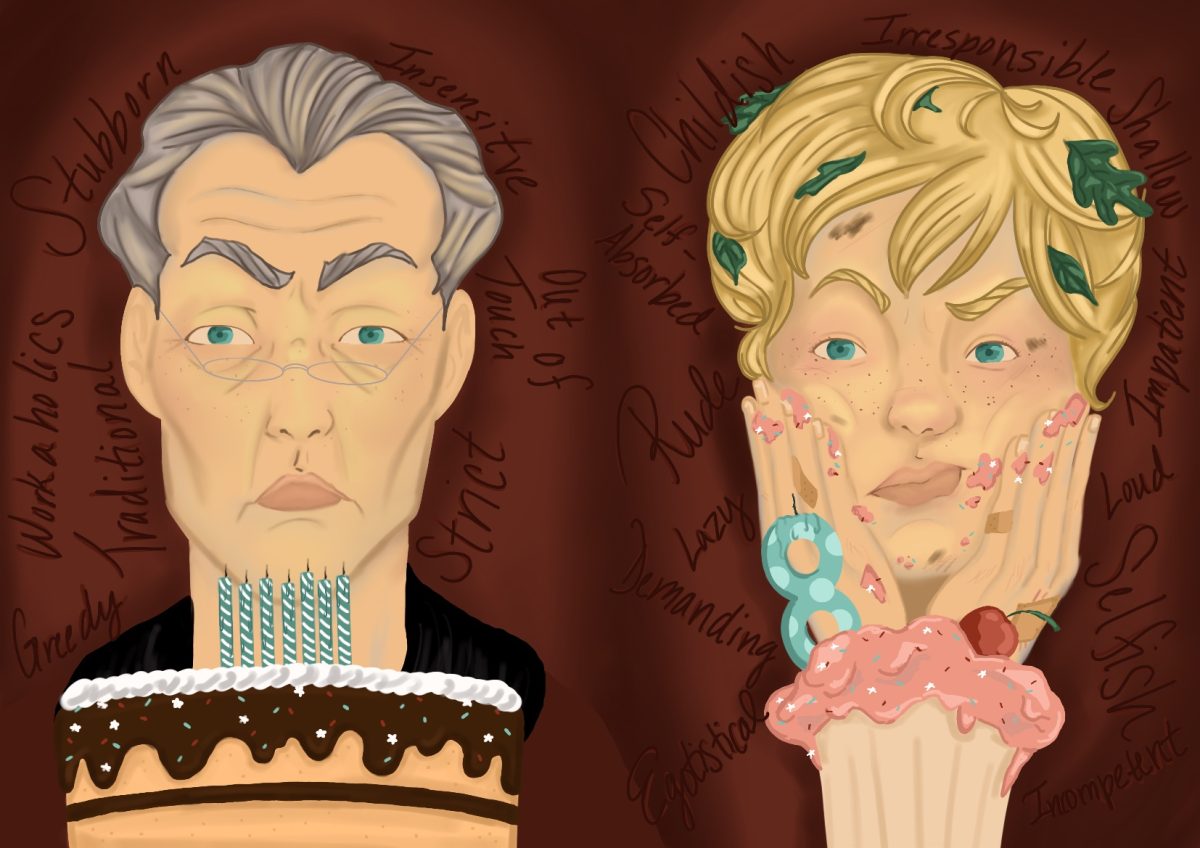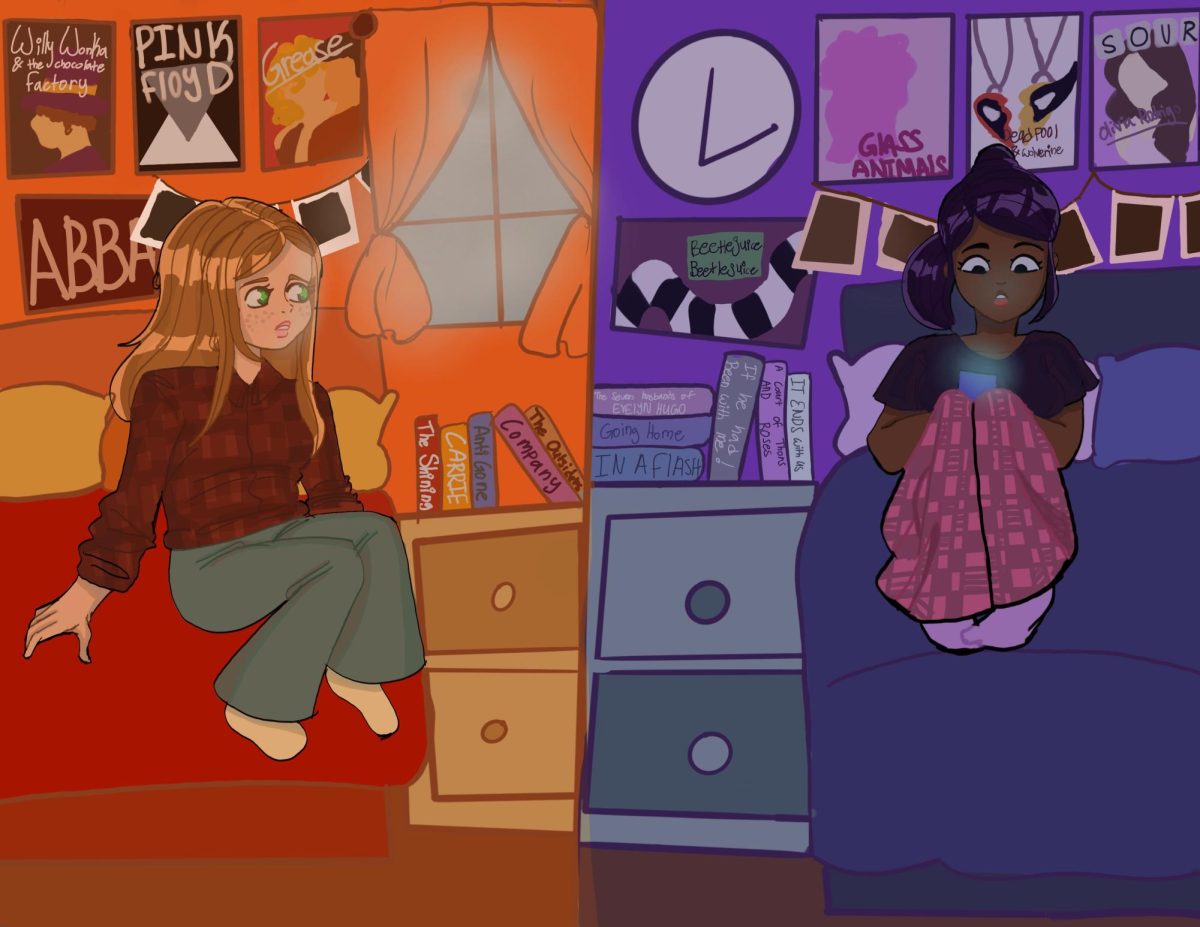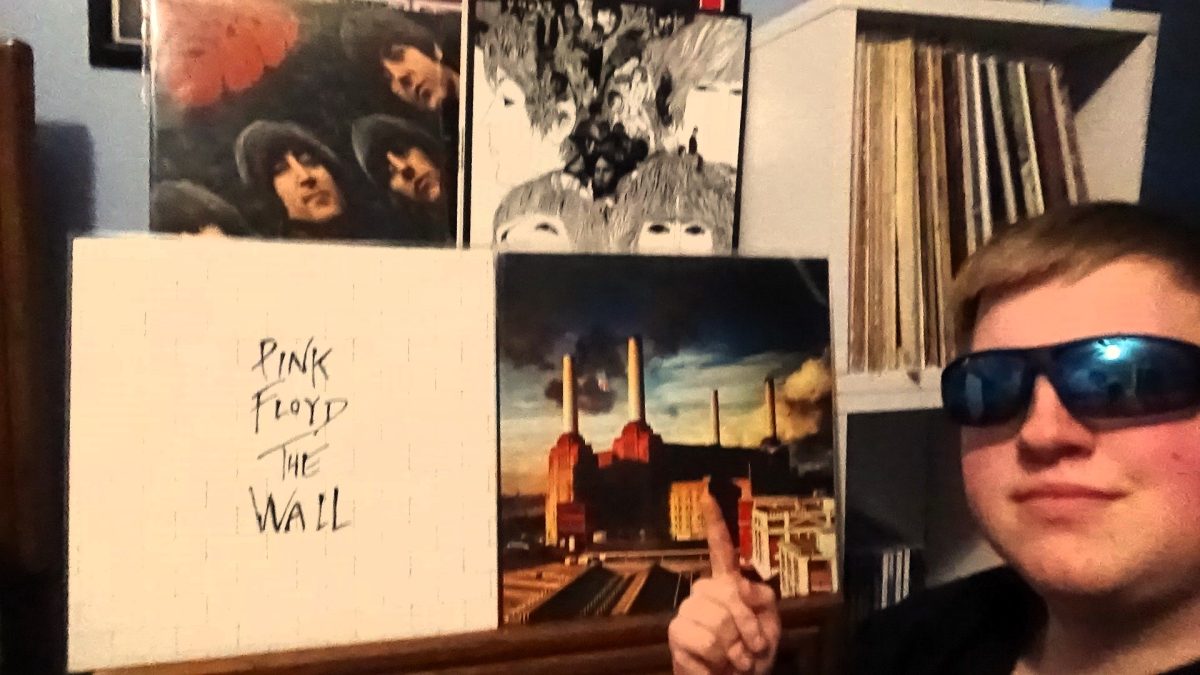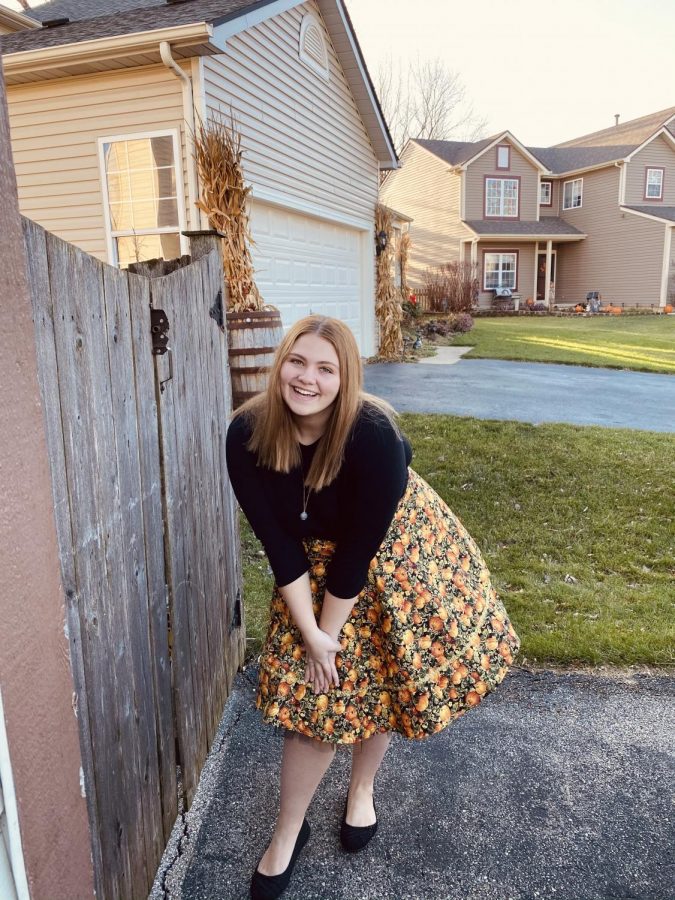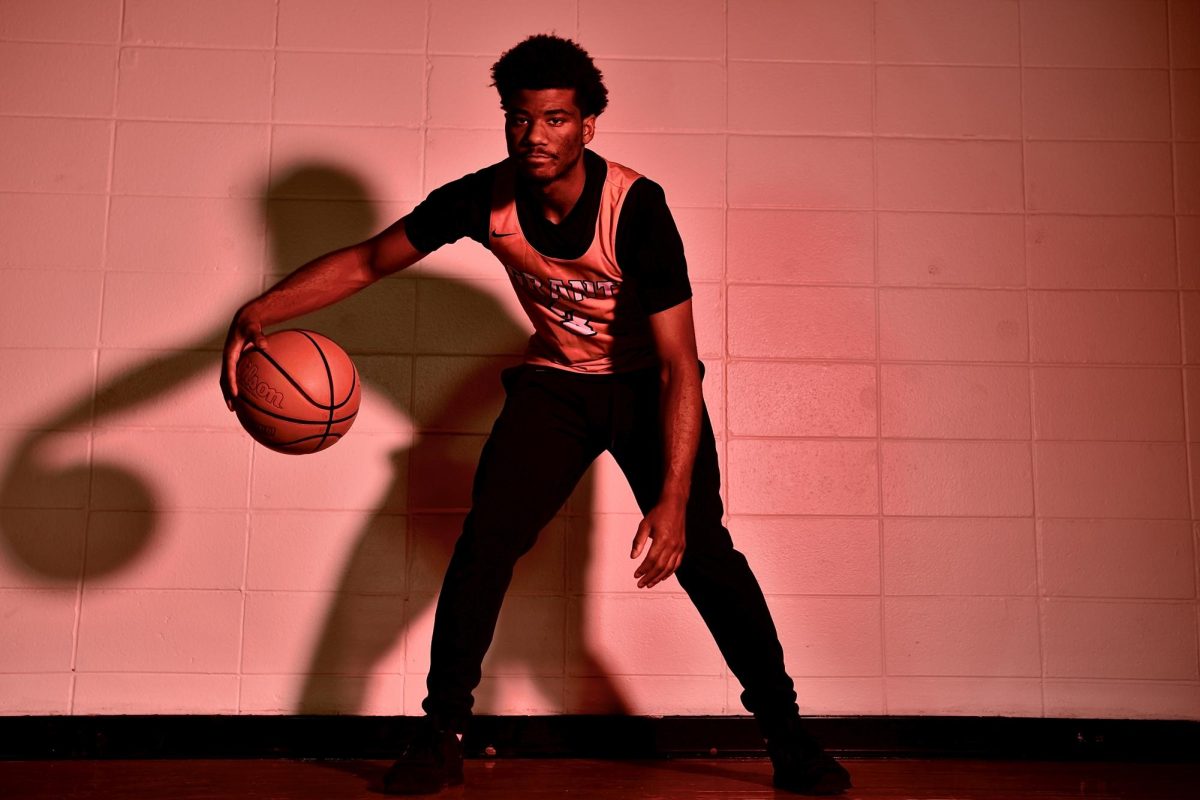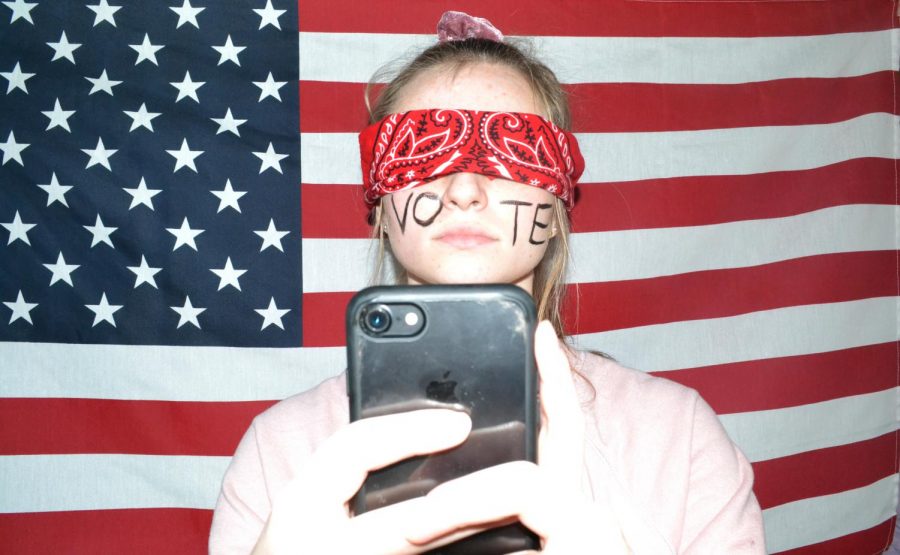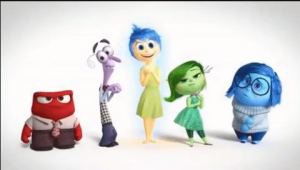The Red, White, and Social Media?
Social media consistently proves to be the most useful piece of technology, however, is society using it accurately when it comes to obtaining information?
Start seeing how social media is affecting who you elect!
December 18, 2019
The connectedness that arrives from these platforms is immense. The power behind these tools shows just how strong our capability as humans truly is. A majority of us choose to prioritize our time by sharing memes and funny clips to friends, on the other hand, social media can be considered used incorrectly in certain aspects. Most specifically, within the political arena.
According to News Use Across Social Media, an article written by Elisa Shearer and Katerina Eva Matsa, published onto journalism.org, about six in ten Americans get news from social media. That equates to sixty percent of the population within the United States of America. This statistic raises the question of how reliable our political opinions really are and if the sources we use can be considered credible. It’s no secret that a majority of the statements made can be perceived as facts when in actuality, they’re opinions laced with fancy words and mixed connotations.
Six year consecutive Mayor of Fox Lake, Donny Schmidt, states, “I think it [social media] has some influence that is positive and negative. It’s positive when giving out information during times of crisis. It’s negative when false information is being spread.”
Donny opened up about the harsh realities that arrive along with the usage of social networking. As he previously stated, he understands the backlash that comes from when an outside source decides to share opinions or facts that are not true. He mentioned how rumors had spread that he had planned to be the owner of a hotel, casino, and even a marijuana shop. All of those statements are clearly false, yet the lies had spread on social media and they were distributed quickly.
On the other hand, social media has been an extremely useful tool for officials such as Donny. He states, “During the 2017 flood, I wrote a letter and it had 60,000 views and was shared over 500 times about providing services and whether people could get help from the state and autonomy in the village.”
Not only was this a clear example of how the internet provided security for its users, but Schmidt also firmly believes that it changes the way we as people elect our officials. Recently voting by mail and early voting have both provided a more convenient way to hit the polls and social media spreads information so that a citizen would understand how and when to do that.
Donny believes that not voting is an injustice and that it is not only a privilege, but it is also one’s civic duty. Similarly to that belief, Senator Melinda Bush’s Outreach Director, Quinne Welter, indicated that voting is necessary for change, but should be carefully thought through and not swayed by social media.
“In order for the news to sell and attract viewers, there needs to be a story every minute. Conflict and partisanship sell. Part of it is our tolerance for partisan news that provides biased information masquerading as fact. But there are also a lot of people who aren’t looking for factual information anymore, they just seek out what they want to hear – and social media has made it extremely easy for people to only consume the news that’s slanted towards their political beliefs.”
It can be difficult for the majority of people to separate the difference between solid, credible news, and a very compelling opinion. In order to best formulate your own opinion without the internet forcing you to believe one side, as opposed to the other, true research and comprehension, needs to occur.
“Educate yourself before you vote, by researching a candidate and an issue via multiple sources. Make sure those sources are at least evenly balanced between Democratic sources and Republican sources. Understanding each sides’ viewpoint makes a big difference.” Quinne stated when addressing this challenging concept.
Furthermore, if your determination to make a change doesn’t stop within the polling booths, Wel ter urges you to run for office or volunteer for a campaign. “If you care deeply about changing our system, get out there and try.”
Nonetheless, it is evident that America consists of uneducated, blind votes and unless society is willing to grow and make a change, political growth will be limited. Social media is one of the most powerful sources that has been created yet and along with that comes great responsibility especially within this specific arena.



